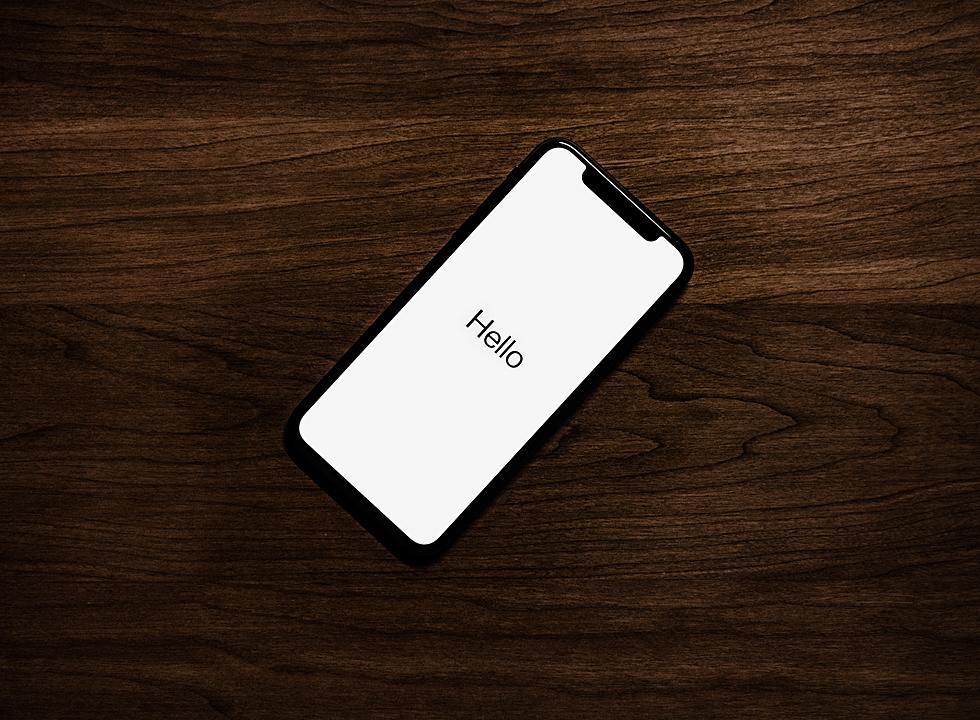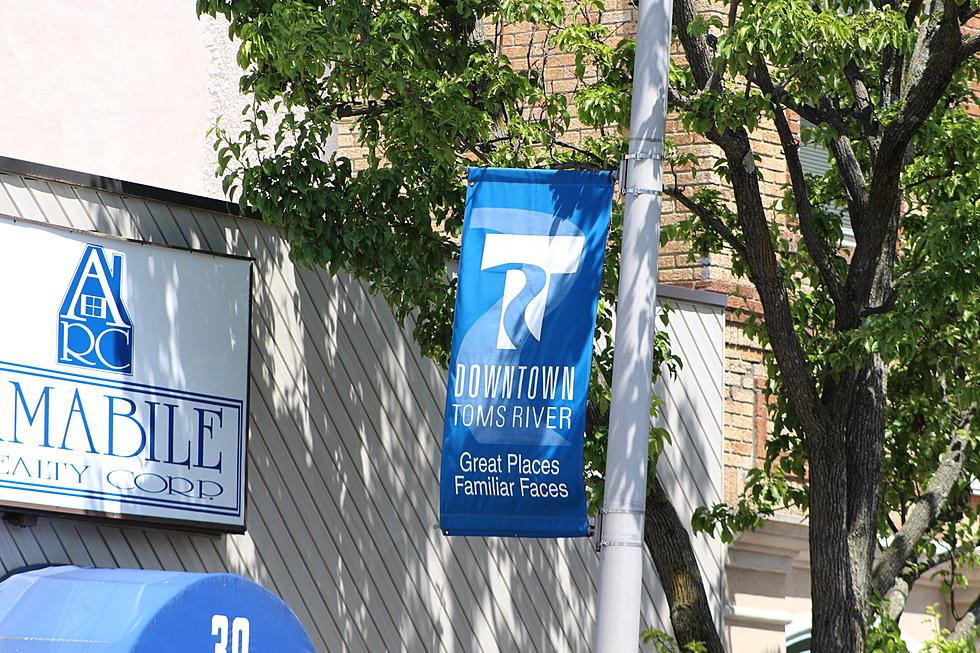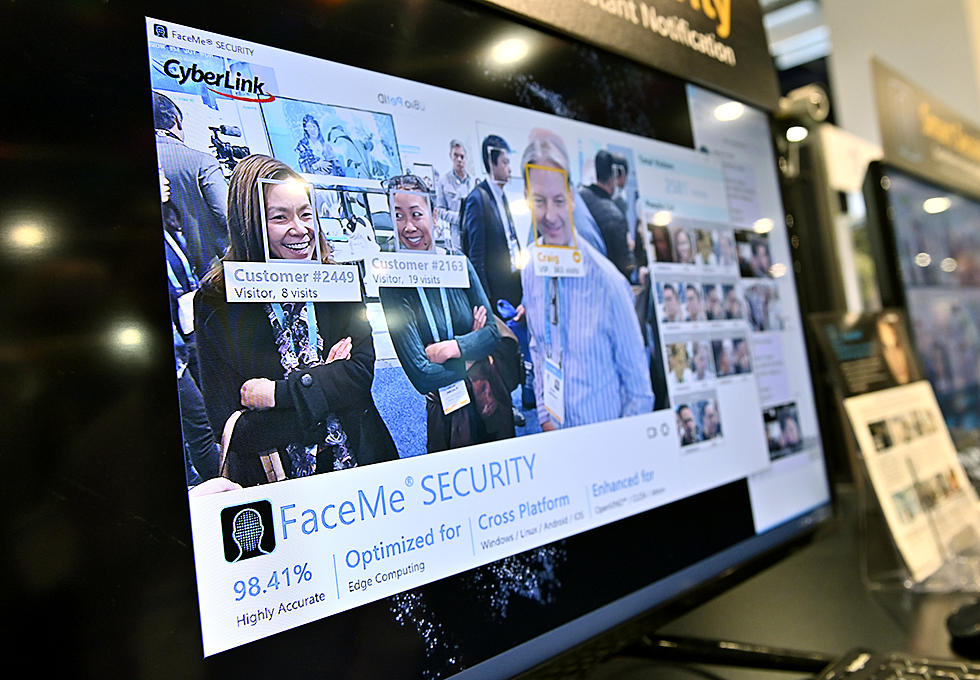
Anti-Big Brother Act Now Law in NJ
The idea is to protect student privacy by increasing awareness of technology that can record and monitor their activities. Now, legislation known as the Anti-Big Brother Act has been signed into law.
"We cannot stop the march of technology that, while helpful and innovative, also unfortunately can prove invasive to our private lives," said Assemblywoman Annette Quijano, co-sponsor of the measure. "Children are especially vulnerable to not understanding the danger of technology invading their privacy. With this law, we will make clear to everyone that it's a possibility."
The law comes on the heels of incidents in the Lower Merion School District in Pennsylvania during which cameras in laptops furnished by the school district recorded activity by students without their knowledge. Images from the camera were transmitted to administrators of the school district.
"As a teacher, and one that grew up at a time when none of these advancements were at our fingertips, I know first-hand how helpful technology can be to students," said Assemblyman Ruben Ramos, co-sponsor of the legislation. "However, we also need to walk a fine line when it comes to invasion of privacy that can lead to confusion and embarrassment. This law will help protect everyone's rights."
The Anti-Big Brother Act requires a school district or charter school that provides laptops, cell phones or other electronic devices to provide the students with written notice that it may record or collect information on their activities.
The school district must also make it clear that they will not invade a student's privacy with the device. The notice has include a form to be signed by the student's parent or guardian and returned to the district. Any district failing to provide the written notification will face a fine of $250 per incident.
More From New Jersey 101.5 FM









